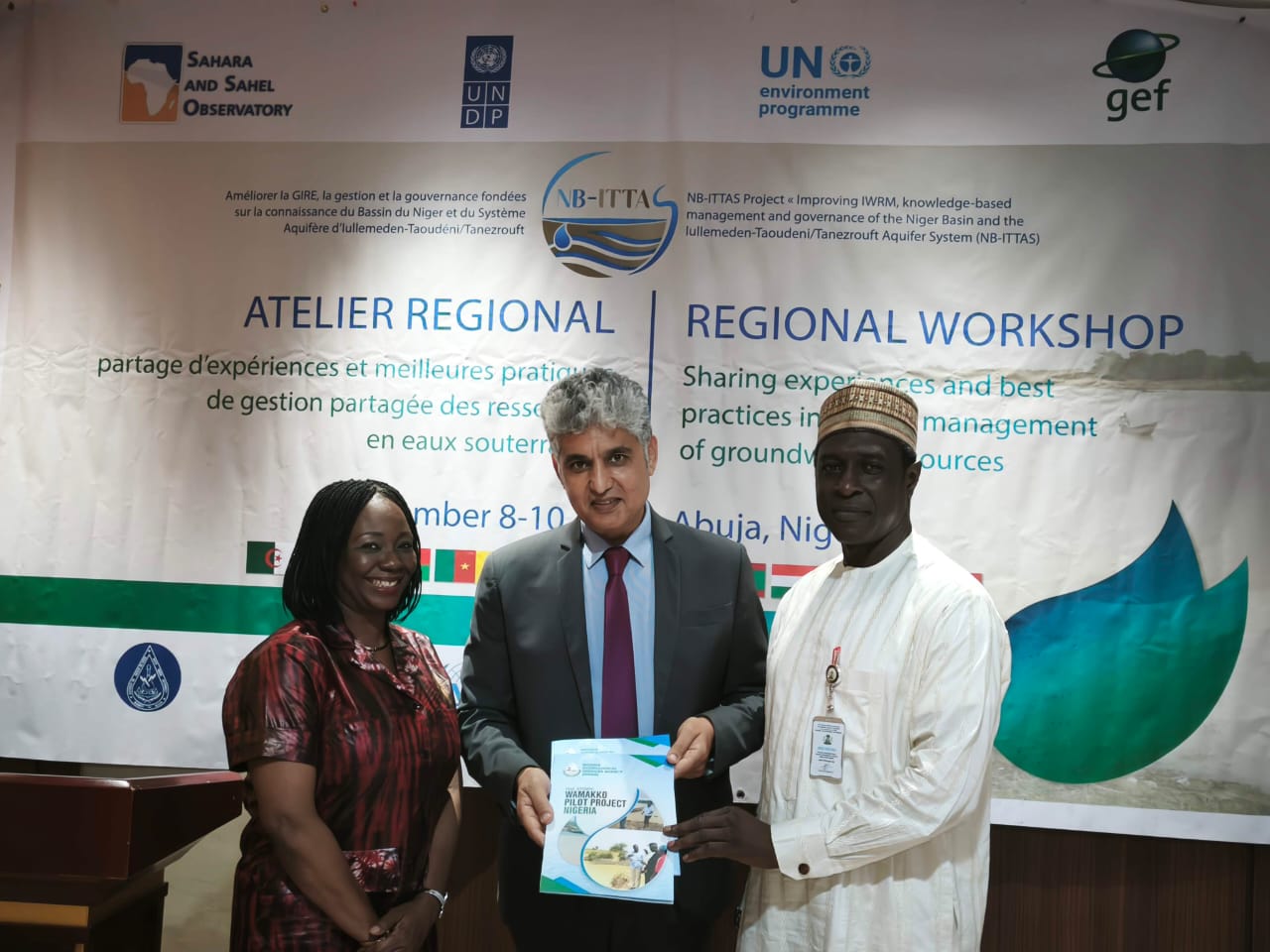
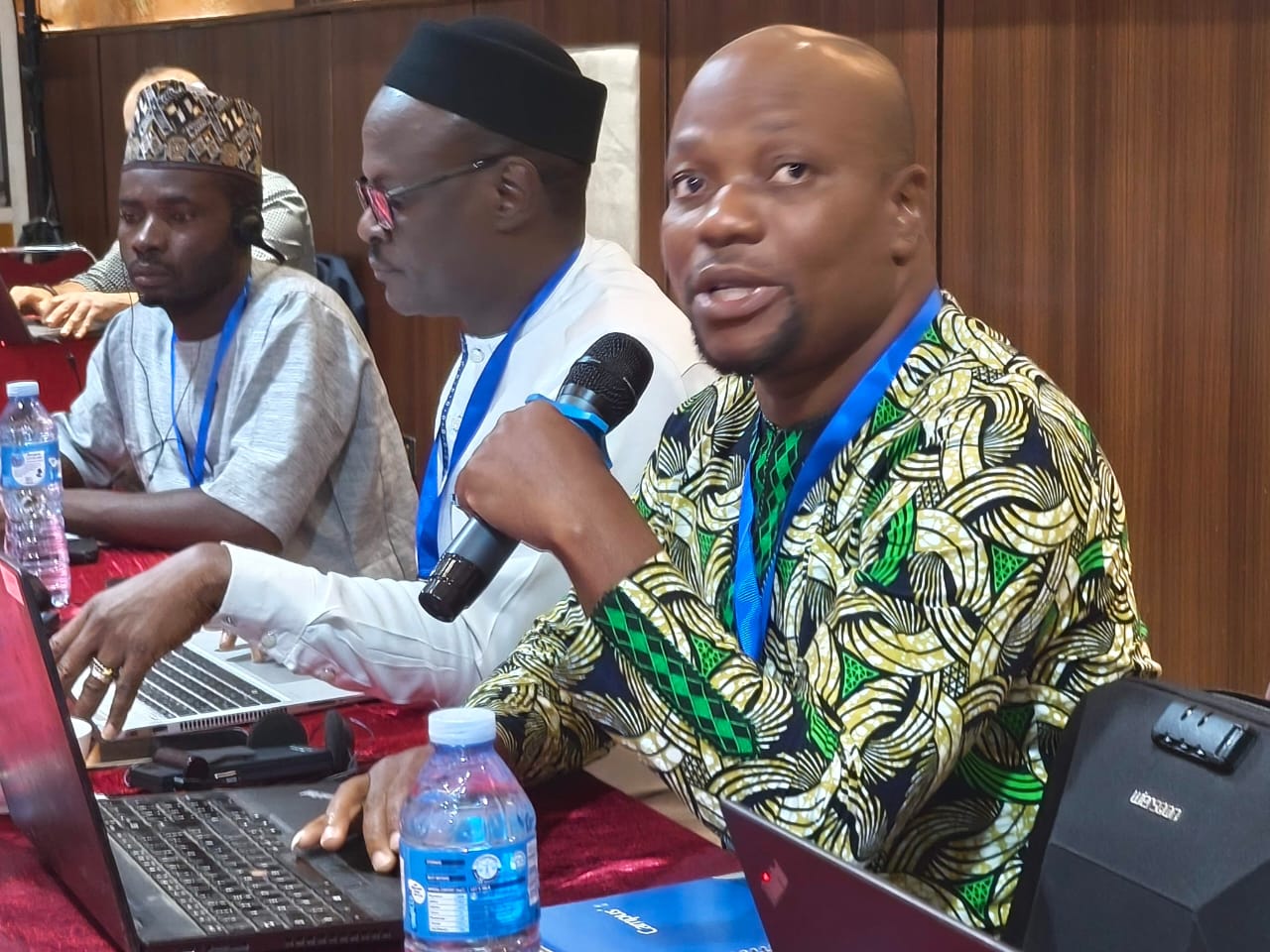
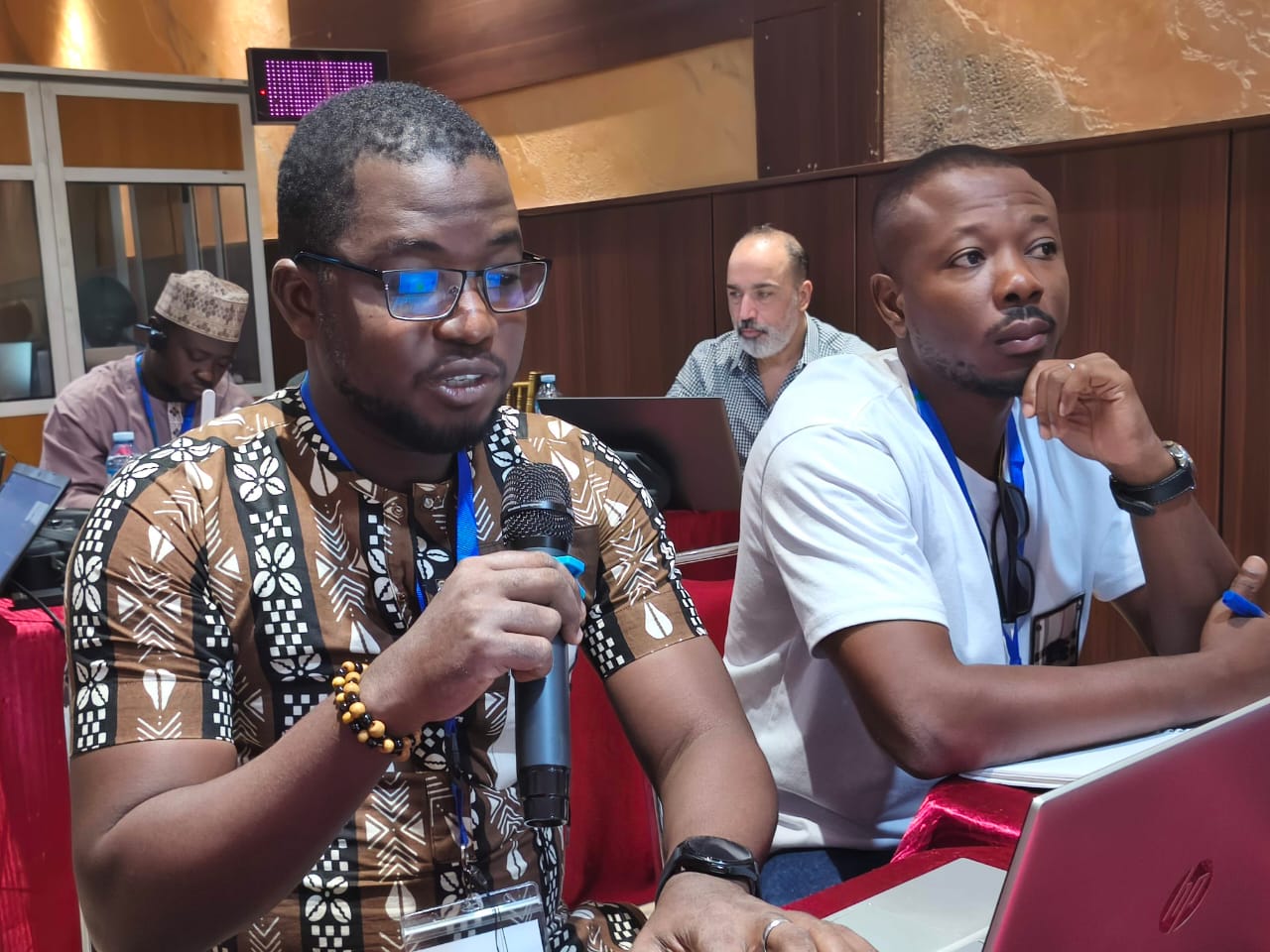
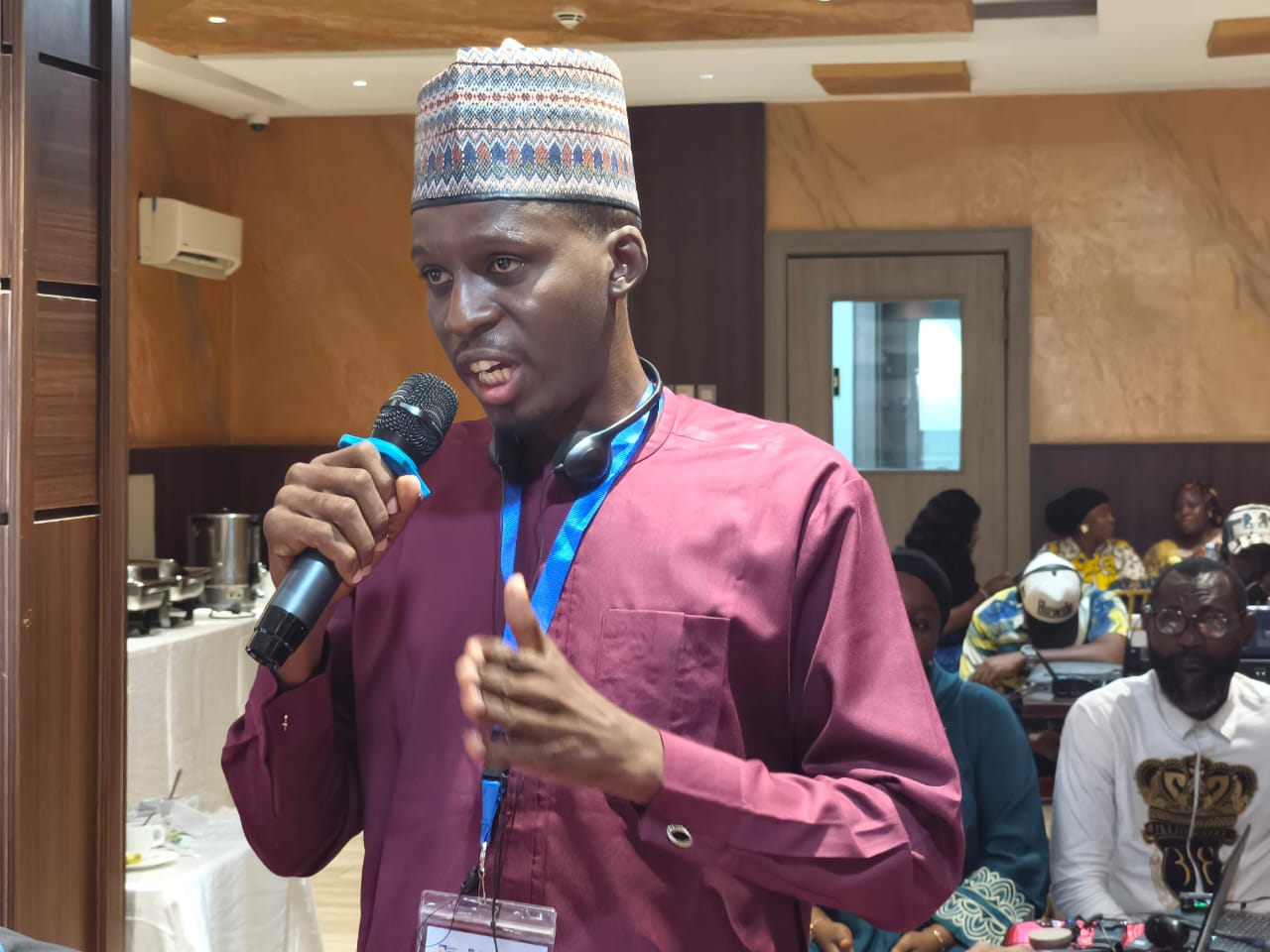
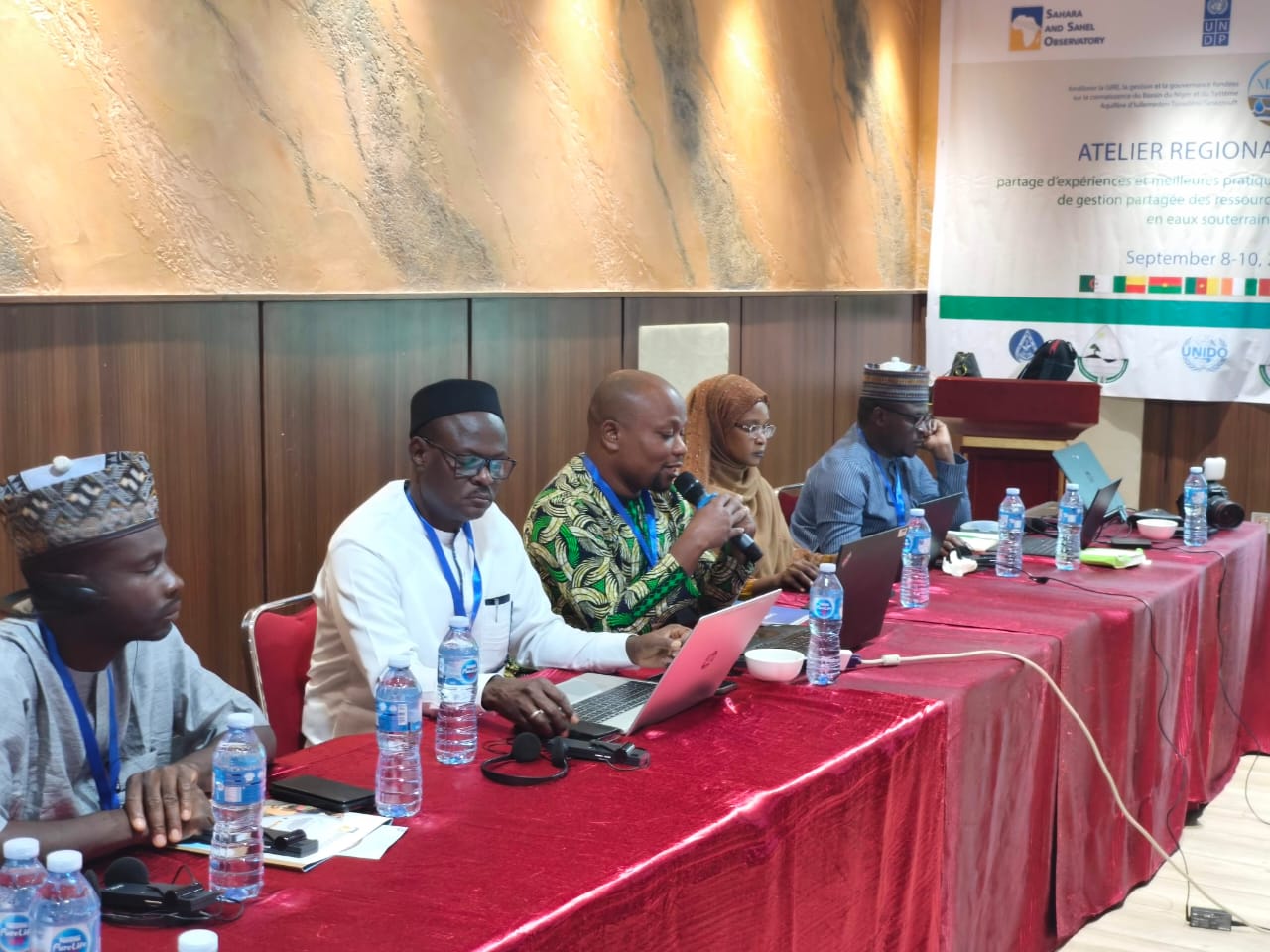
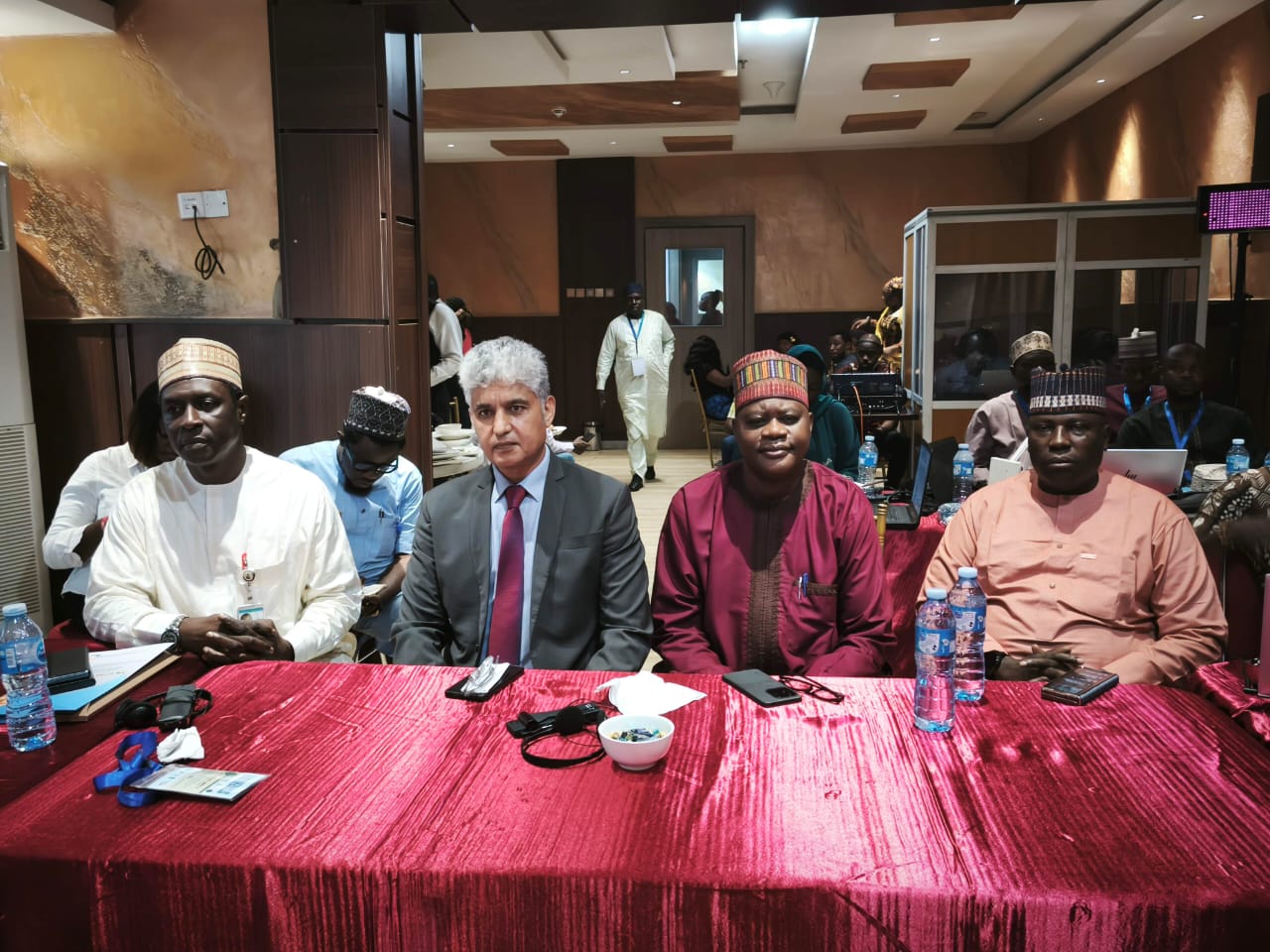
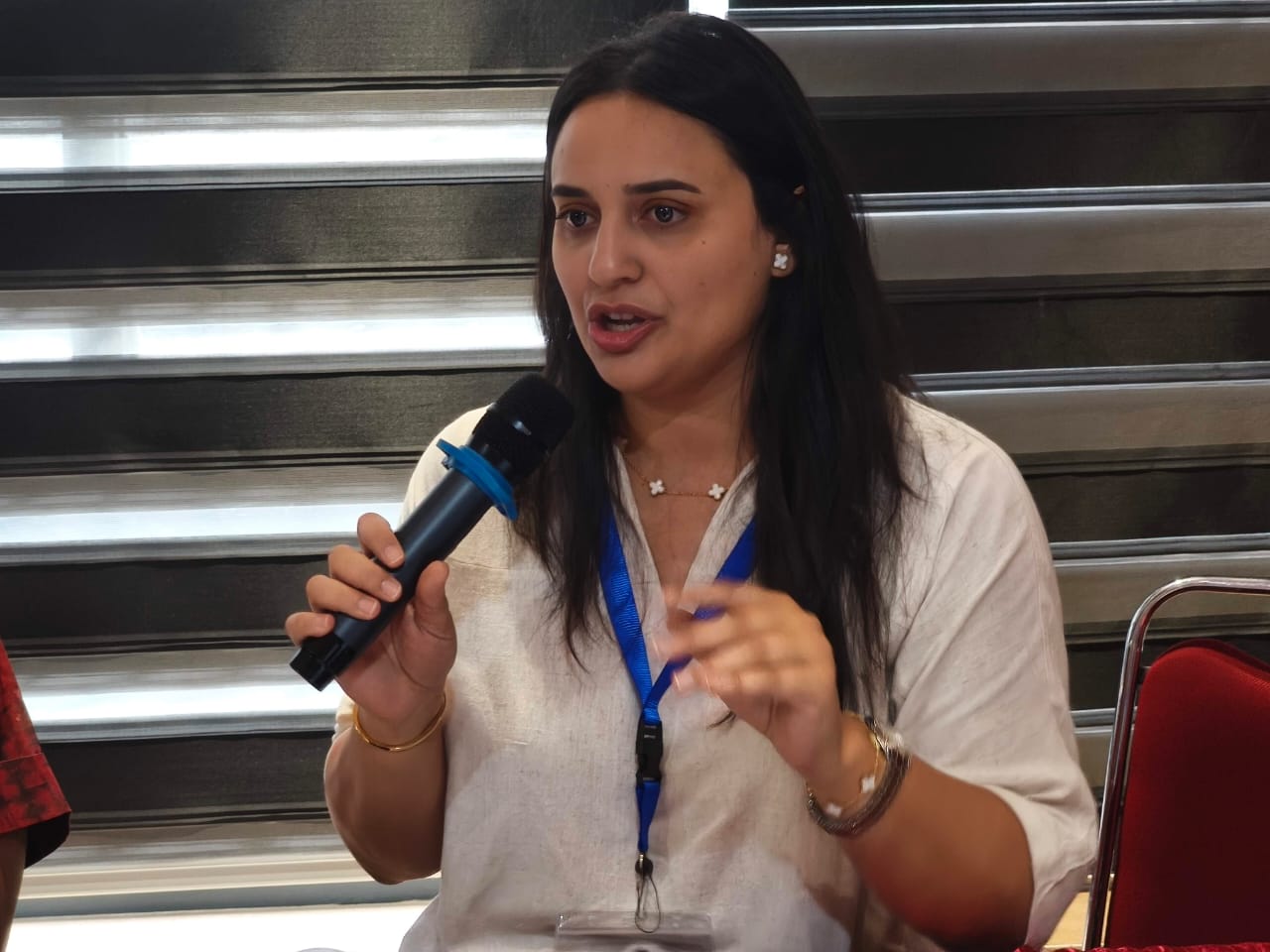
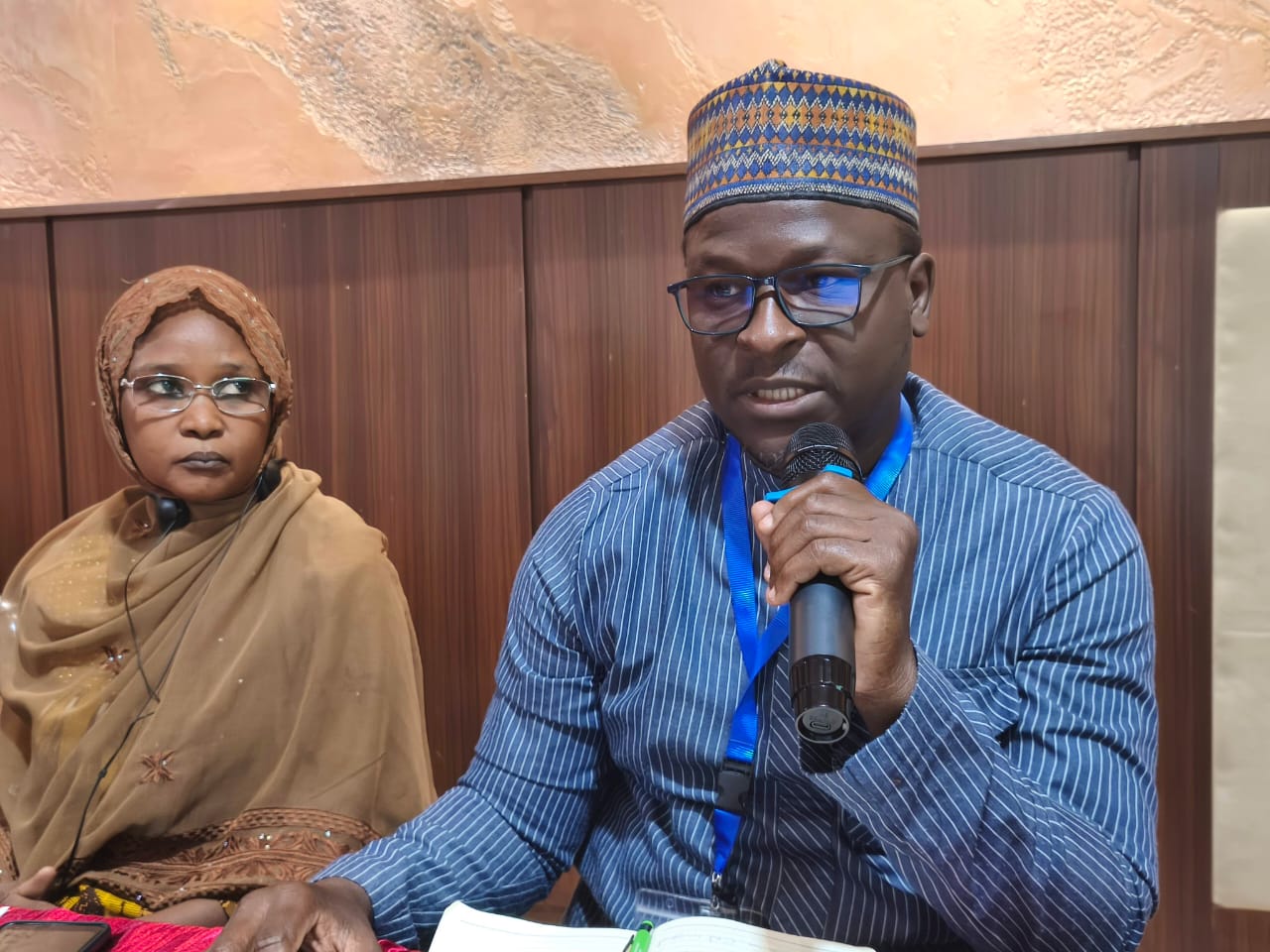
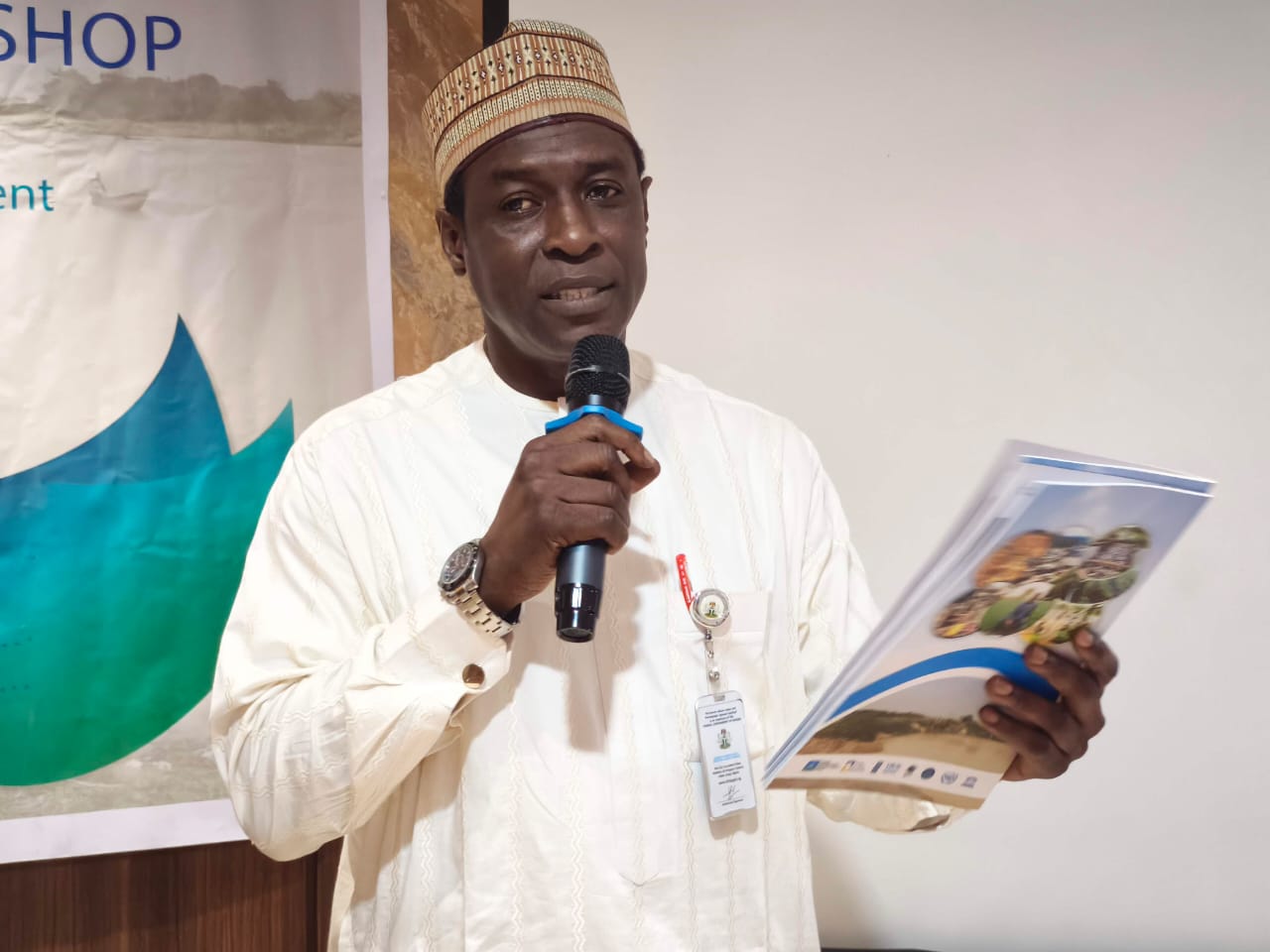
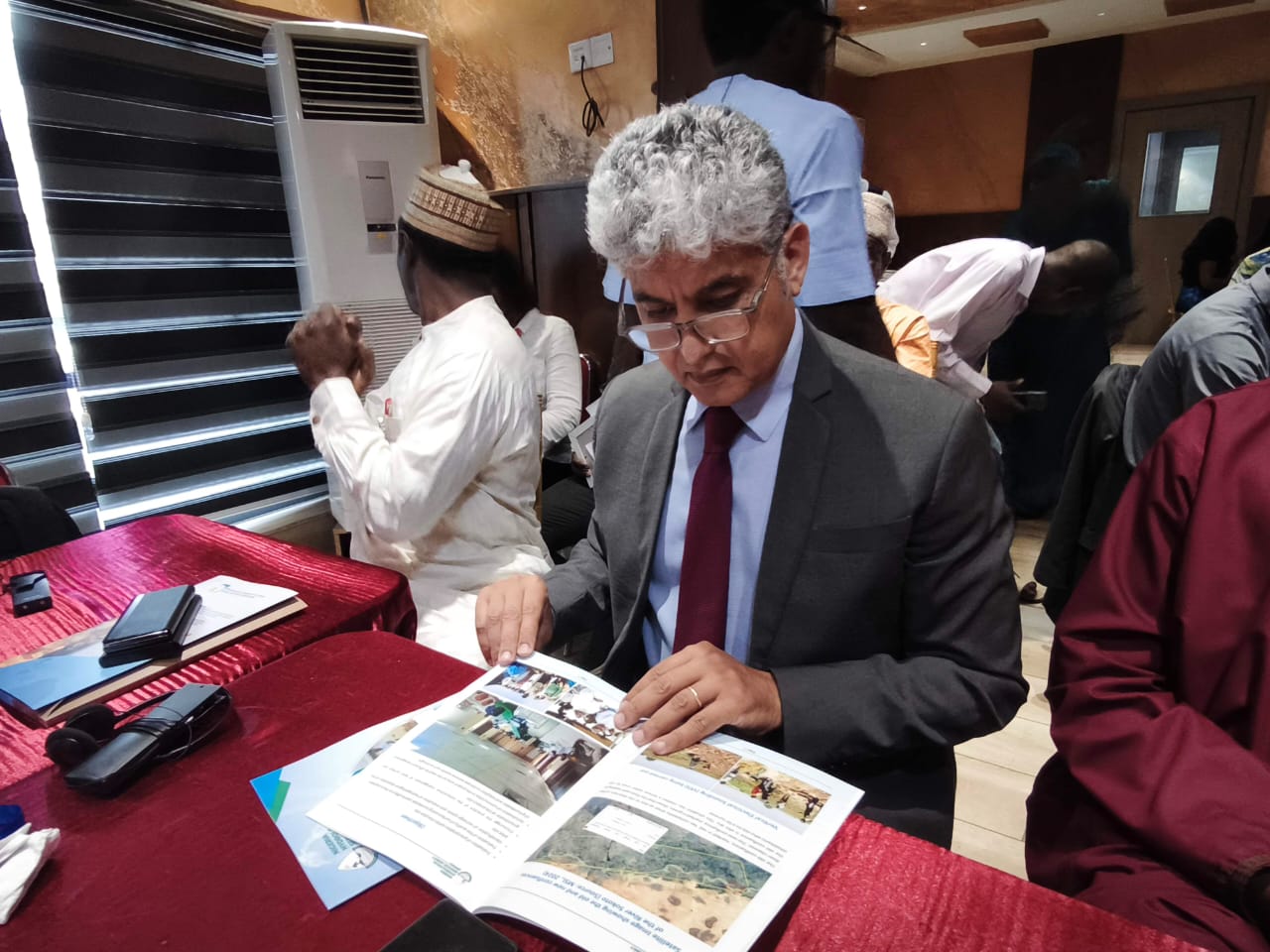
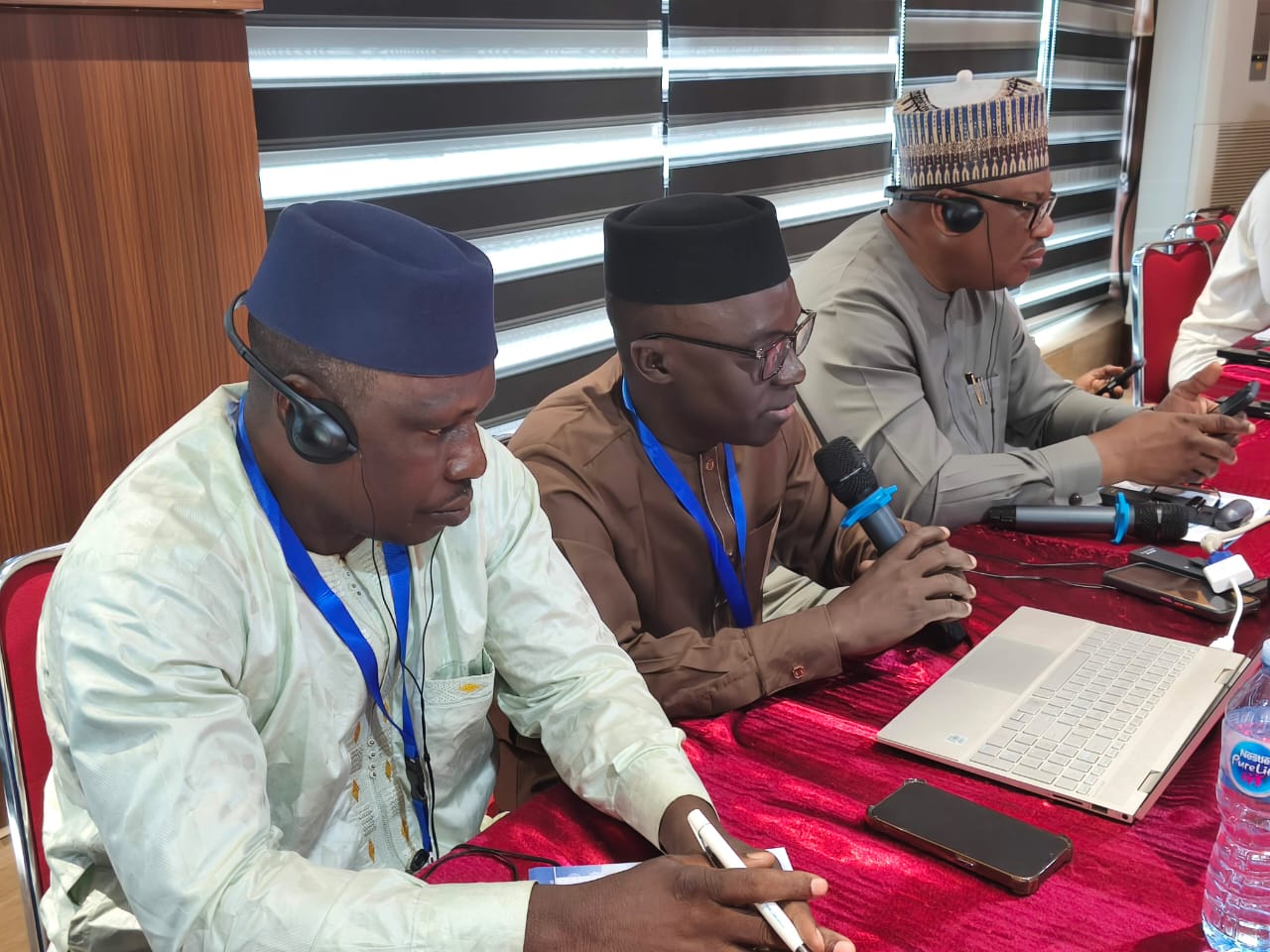
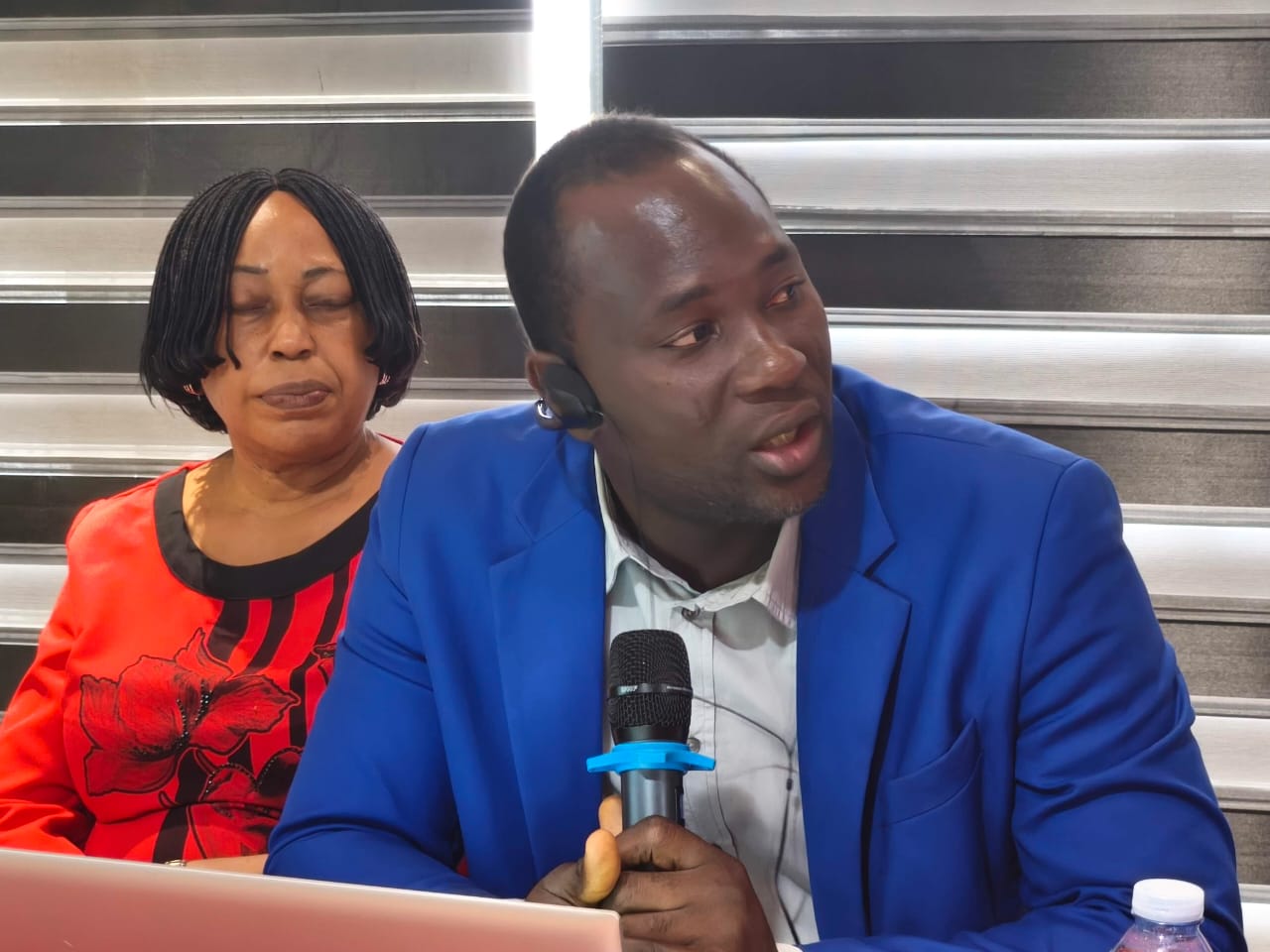
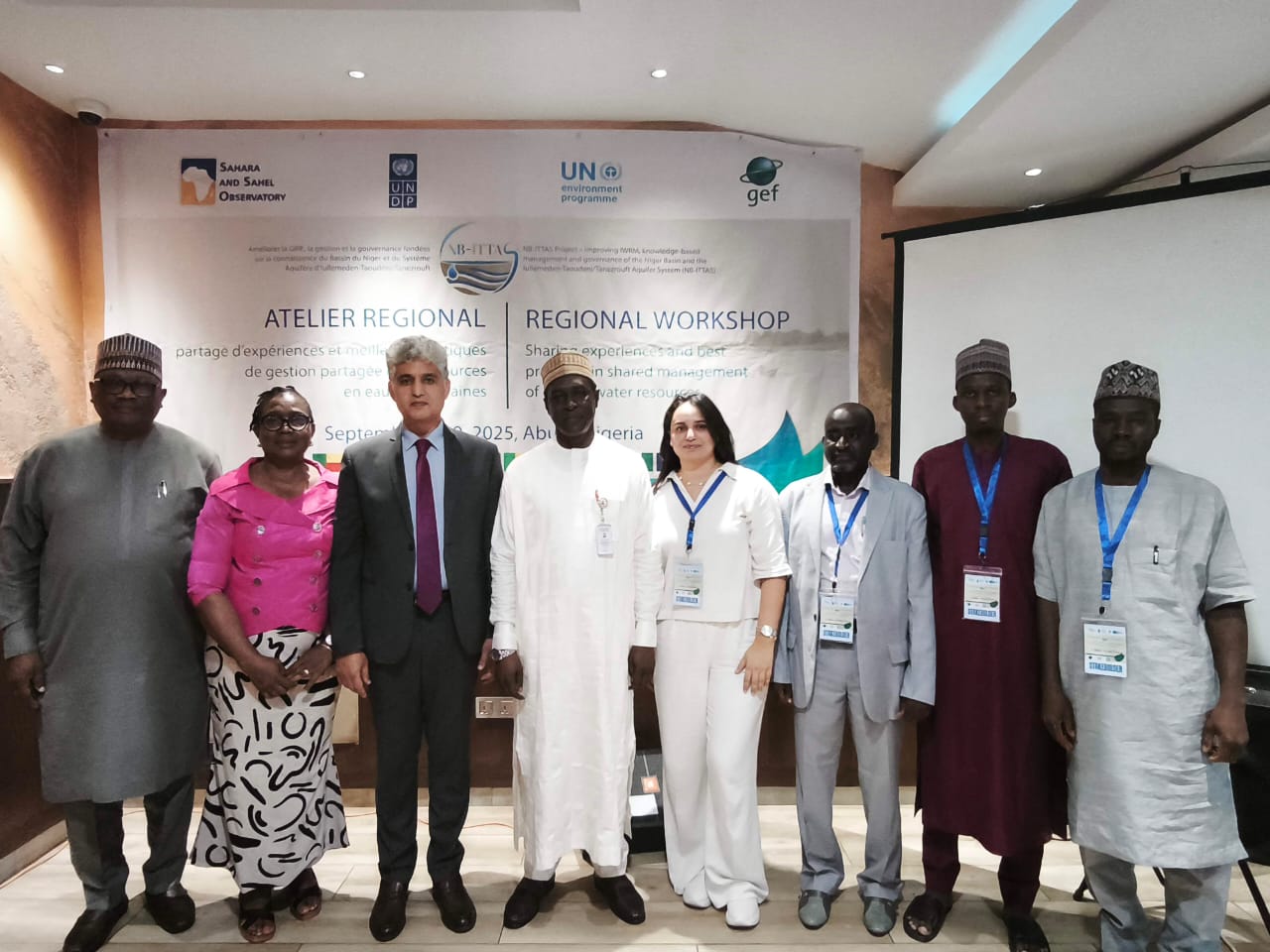
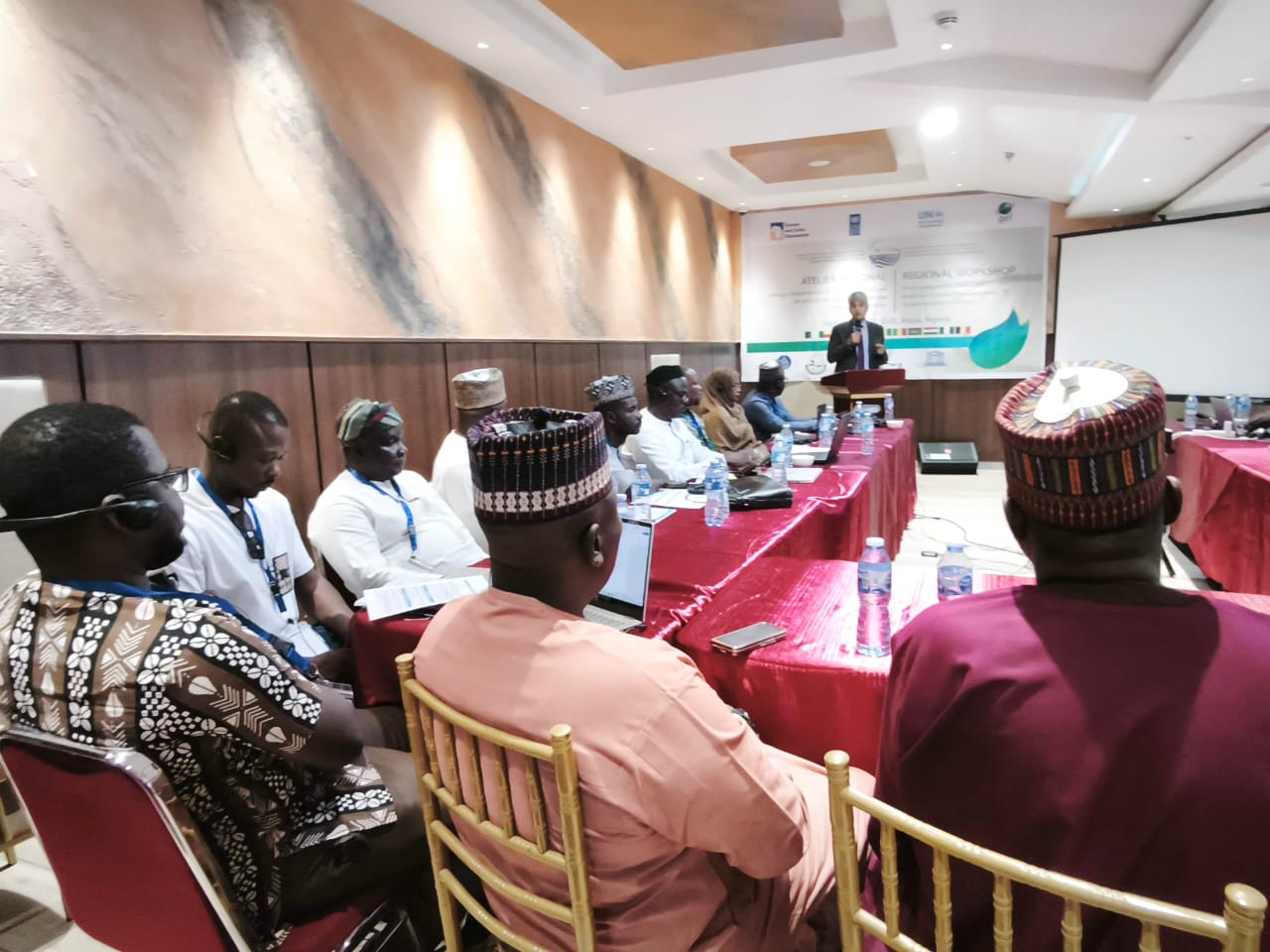
Abuja, September 10, 2025
Convened by the Sahara and Sahel Observatory, in collaboration with the Nigeria Hydrological Services Agency (NIHSA), the regional workshop for the exchange and sharing of best practices on shared groundwater resource management, held in Abuja, Nigeria, from September 8 to 10, 2025, provided an opportunity to take stock of the results achieved, lessons learned, and prospects for having them scaled up.
The workshop's feedback session featured the presence of Mr. Nabil BEN KHATRA, OSS Executive Secretary and Mr. Umar IBRAHIM MOHAMED, NIHSA Director General, who both emphasized the importance of an integrated and inclusive approach in the management of water resources and the improvement of water availability for the populations, an important step in the implementation of the NB-ITTAS project. Their personal commitment to groundwater recharge and improving access to water falls within the vision of their respective institutions for resilient, equitable development based on shared scientific knowledge.
Pilot sites in Mali, Mauritania, Niger, Burkina Faso, Benin, and Nigeria have yielded concrete and sustainable achievements that have restored the natural dynamics of groundwater recharge, through developments adapted to local contexts - including the construction of hydraulic structures, soil stabilization, watershed restoration, and runoff water recovery. These efforts have led to a significant rise in groundwater levels in several critical areas, particularly in Nigeria's Sokoto region, with residents returning to their farms and crops.
It was also noted that the project has significantly increased access to water for local populations. This is particularly the case in Niger, where infrastructure has been installed to improve the quality of water for agricultural and domestic use. These advances have had direct impacts on public health, reducing domestic burdens borne by women and youth, and securing agricultural, pastoral, and craft activities.
Representatives of the beneficiary countries also praised the active involvement of communities in all stages and activities of the project, a participatory approach, and capacity building in various areas, including IWRM, infrastructure management, and the creation of water committees, which has strengthened local ownership of the solutions implemented and fostered the emergence of more inclusive and sustainable water governance. It has also enabled a valuable sharing of the experiences between member countries, thus strengthening transboundary cooperation within the basin.
The results presented during this feedback session clearly illustrated the relevance of an integrated approach to groundwater resource management. Through its positive impacts on groundwater recharge and better access to water, the NB-ITTAS project is a replicable model and a strategic lever for strengthening water security.
The OSS warmly acknowledged and expressed its deep appreciation for the invaluable support and strategic guidance provided by the Global Environment Facility (GEF) and the United Nations Environment Program (UNEP). Their unwavering technical and financial commitment, has been instrumental in making the achievements of the NB-ITTAS project possible. Without their involvement, the progress observed in groundwater recharge, the restoration of degraded ecosystems, and the significant improvements in water access across the pilot sites would not have been realized. GEF’s sustained investment and UNEP’s facilitation role created the enabling environment for countries to collaborate across borders, build local capacities, and implement nature-based solutions adapted to the specific vulnerabilities of the region.